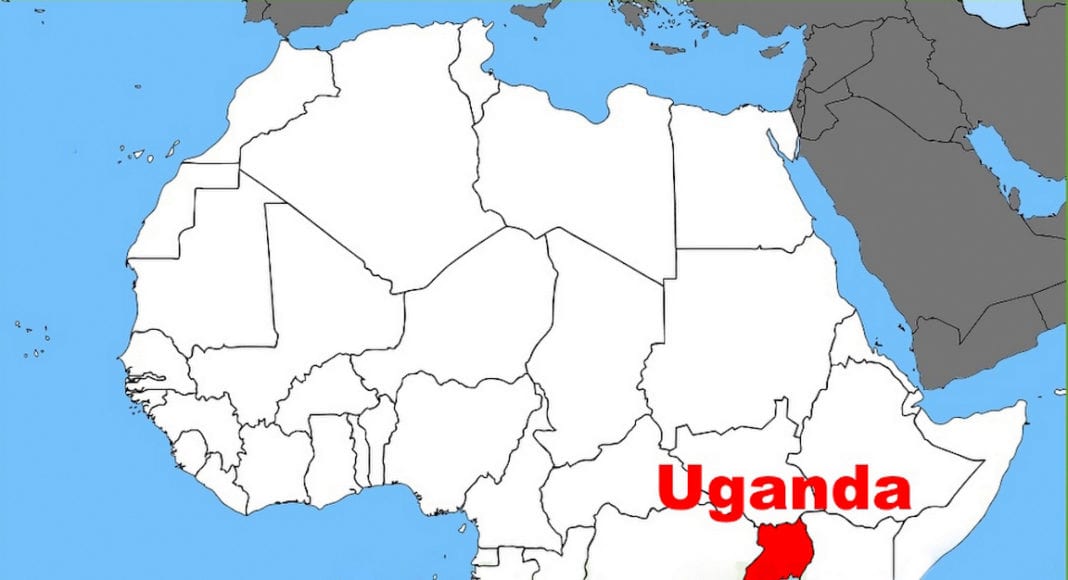Uganda’s long-delayed maiden oil project took a vital step to becoming more than a pipe dream this month but risks still hang over hopes of new export flows from East Africa, S&P Global Platts said in a report on Wednesday.
France’s Total inked the final pipeline deals needed to unlock its multibillion-dollar Lake Albert oil discoveries, and first oil is now expected to flow by early 2025.
The deal concludes more than a decade of wrangling over plans to develop Uganda’s oil, which will transform the landlocked country into East Africa’s second oil exporter behind South Sudan, unless Kenya gets there first.
Major discoveries in 2006 put Uganda on the global oil map with the largest onshore discoveries in sub-Saharan Africa at 1.7 billion barrels of recoverable oil. Many believe much more is yet to be found.
But rumbling disputes with the Ugandan government over tax, contractual terms and ownership changes have hobbled progress on the find. Political arbitrage with neighboring Tanzania and Kenya over an export route for the development only added to the delays.
Like Kenya and Sudan to the north, Uganda’s crude is medium-light 30 API, low in sulfur but very waxy, with a pour point of 40C making it solid at surface temperature. That presents a challenge for transportation, and the planned 216,000 b/d export line to Tanga on the Tanzanian coast will be the world’s longest heated oil line at 1,450 km.
The technical challenges alone needed to bring the Lake Albert crude to markets are considerable and costly.
The buried, heated pipeline is estimated to cost $3.5 billion, while at least another $7 billion is needed for the upstream projects which will pump 230,000 b/d when fully developed. The prospects for a proposed 60,000 b/d refinery in Uganda, to be developed in two phases, remains unclear.
Despite the additional cost and energy required to transport the crude, Total claims the project has low technical costs, with a breakeven of less than $20/b and a carbon footprint below the average of its global upstream assets.
Rival crudes
Given its quality profile, Uganda’s waxy crude will likely be priced below Dated Brent, the de facto light sweet crude benchmark for most of the world’s oil.
The very low sulfur, intermediate API gravity oil is comparable to medium sweet grades such as China’s Daqing, Angola’s Cabinda, and South Sudan’s Dar crude. These yield high proportions of fuel oil, gasoil and VGO, some of the most valuable cuts of the barrel.
China, Indonesia and India are already the main buyers of crude from South Sudan, which ships its Dar and Nile Blend crudes from Sudan’s Marsha Bashayer terminal near Port Sudan on the Red Sea.
Transition risk
Future political risk from domestic upheaval will also likely be pushing Total and its main partner China’s CNOOC to get moving on the project.
Yoweri Museveni, the army general who has ruled Uganda for 35 years, stepped into his sixth presidential term earlier this at age 76. With Museveni’s once strong grip on power waning, political instability over his succession remains a key risk for the partners. The potential for internal conflict could knock back progress on the oil project and undo years of groundwork over oil transit through neighboring Tanzania.
But perhaps the biggest threat to finally bringing Uganda’s oil to market now lies with the growing global push back against fossil fuels as the clean energy transition gathers pace. Uncertainty over future oil demand and oil prices in the wake of the pandemic has already accelerated the threat to financing major new upstream projects.
As global leaders and green groups jostle to control the climate narrative ahead of the COP 26 climate talks in Glasgow this year, Uganda’s oil has attracted a surge in attention from environmental groups.
Seen as one of the world’s last oil megaprojects, they claim it will harm the climate, local communities, water supplies and biodiversity. The #StopEACOP campaign alleges Total’s East African Crude Oil Pipeline to Tanga will displace communities, endanger wildlife and “tip the world closer to full-blown climate catastrophe.” Greenpeace has urged Uganda and Tanzania not to get involved in “neo-colonial projects”.
Last month, more than 260 charities and organizations from 49 countries called on banks to steer clear of funding the construction of the line. Their target is the $2.5 billion in debt financing that Total and CNOOC need to raise for the route.
UK Export Finance, the UK’s export credit agency that had been approached to support the project, has already ruled out backing the route following a UK government decision last year to end fossil fuel subsidies overseas.
Uganda’s delayed oil giant has become a test of both industry and political appetites to face the rising hostility over fossil fuel projects. At the earliest, the crude will hit the market around the time many believe global oil demand is peaking. That will not make calls on large new oil projects by transitioning energy majors such as Total any easier to take.
Source: S&P Global Platts




